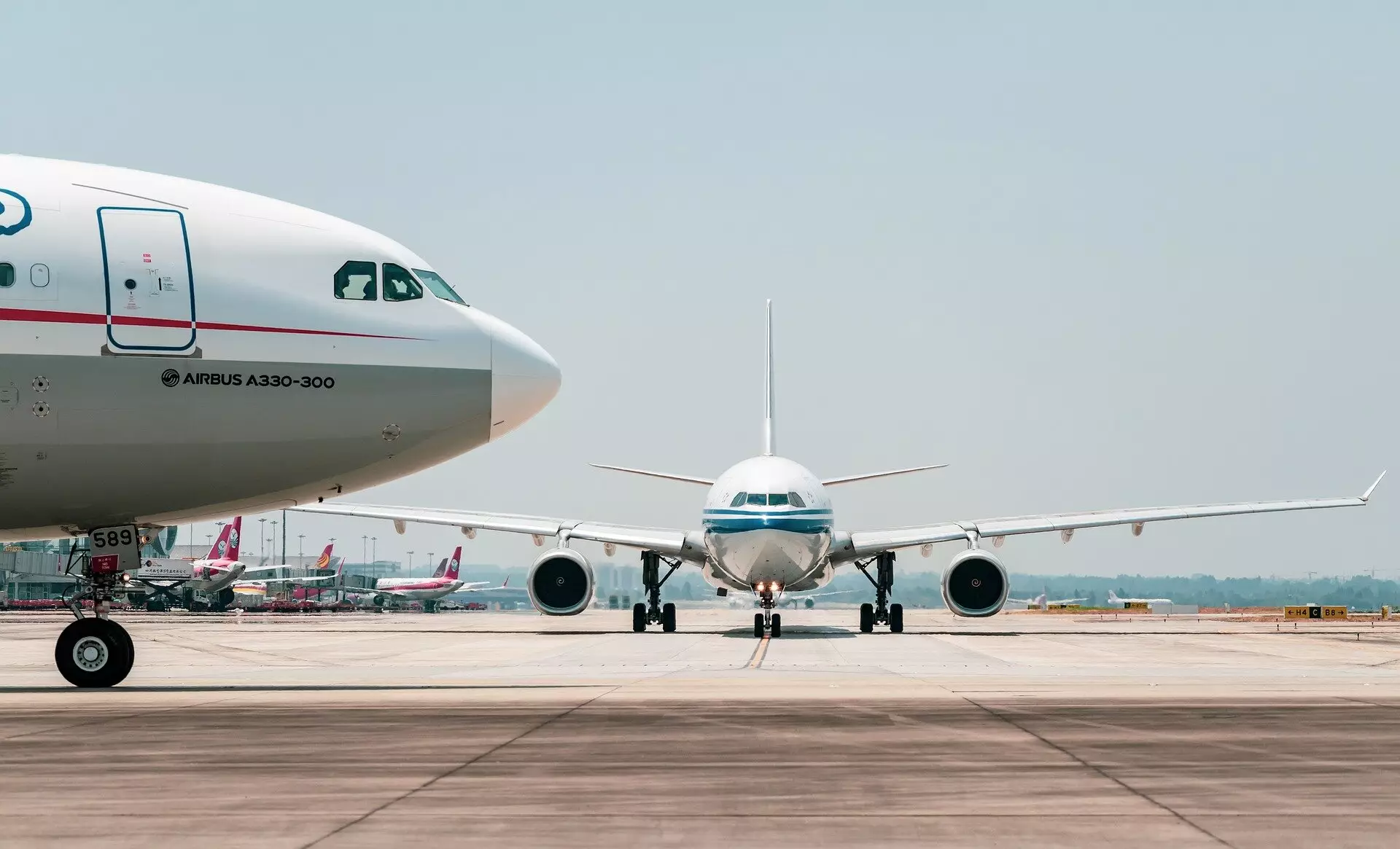The global aviation sector plays a crucial role in connecting people and economies; however, it has also emerged as a significant contributor to climate change. Despite ambitious promises from both government entities and industry leaders, the current trajectory indicates that aviation is far from achieving its goal of net-zero emissions by 2050. In response to this pressing issue, Cambridge University has recently unveiled a detailed report titled “Five Years to Chart a New Future for Aviation.” This comprehensive document presents a clear five-year strategy aimed at steering the industry back on course and towards sustainability.
The report delineates four key Sustainable Aviation Goals designed for immediate implementation, each of which must be evaluated by 2030. These objectives are not merely aspirational; they represent actionable strategies that, if employed effectively, could align the aviation sector with its long-term environmental commitments.
First and foremost, the report emphasizes the urgency of establishing a global contrail avoidance system, an initiative projected to significantly mitigate aviation’s climate repercussions by approximately 40%. This entails pioneering large-scale experimentation across various airspace regions to better understand real-world implications.
Secondly, there’s a call for the implementation of innovative policies that would enhance operational efficiency across the aviation sector. By optimizing processes at the systemic level, it’s estimated that fuel consumption could be halved by 2050, as opposed to the piecemeal gains achievable by individual companies working in isolation.
A tightening focus on Sustainable Aviation Fuel (SAF) policies also emerges as crucial in the report’s recommendations. The proposed reforms aim to recognize biomass limitations across all sectors while promoting renewable energy production. Such initiatives would establish a robust market environment that encourages rapid expansion of SAF production while ensuring environmental accountability.
Finally, the report advocates for a slew of “moonshot” technology demonstration initiatives. These programs would serve as a platform to explore and evaluate transformative technologies for scalability and deployment effectiveness, expediting their integration into the sector.
The urgent tone of the report highlights the critical nature of prompt action. The authors firmly assert that unless the sector embarks on these measures immediately, the ambitious goal of net-zero emissions by 2050 will likely remain an unattainable dream. Developed by the Aviation Impact Accelerator—a collaborative effort led by Cambridge University—this roadmap is aimed at urging stakeholders, from industry executives to policymakers, to mobilize now, rather than later.
Presenting the findings during New York Climate Week, the report seeks to engage prominent figures in the industry, including those associated with the Sustainable Markets Initiative, to foster discussion and catalyze action regarding the outlined goals.
Professor Rob Miller, Director of the Whittle Laboratory, conveyed a sense of urgency, comparing the aviation industry’s current crossroads to that of the automotive sector in the late 2000s. His insights underscore the significance of moving beyond traditional notions, akin to the seismic shift brought on by electric vehicle technology, as led by companies like Tesla. The momentum created by such breakthroughs serves as an inspiring model for aviation transformation.
Echoing these sentiments, Eliot Whittington, Executive Director at the Cambridge Institute for Sustainability Leadership, articulated the challenges facing the sector. He remarked on the often fruitless debates surrounding aviation sustainability, advocating for a balanced perspective that acknowledges the considerable hurdles while also recognizing the potential for real progress.
As the world grapples with the escalating repercussions of climate change, the aviation industry finds itself at a pivotal juncture. The comprehensive strategies detailed in Cambridge University’s report represent a beacon of hope for a sector in dire need of transformation. By galvanizing immediate action towards the Sustainable Aviation Goals, industry leaders and stakeholders have the possibility to not only meet but exceed the expectations for net-zero emissions by 2050. Embracing this roadmap will not just reform aviation but can also lay the foundation for greater environmental responsibility across multiple sectors, demonstrating that commitment to sustainability can indeed reshape the future of transportation.


Leave a Reply